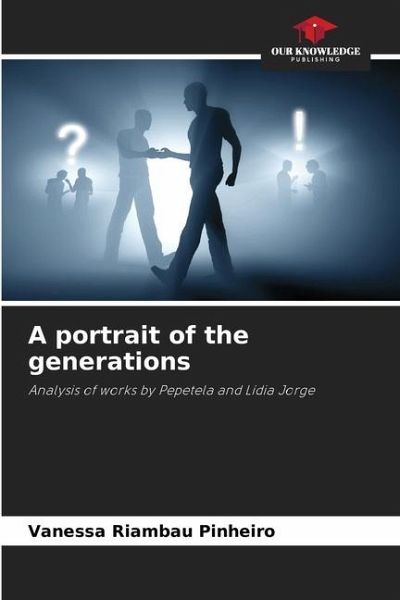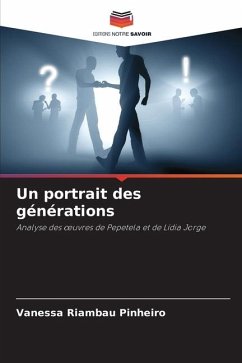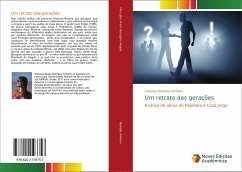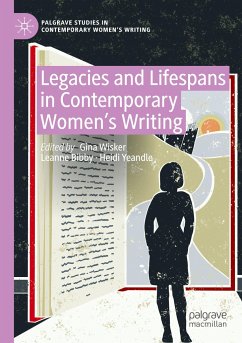
A portrait of the generations
Analysis of works by Pepetela and Lídia Jorge
Versandkostenfrei!
Versandfertig in 6-10 Tagen
46,99 €
inkl. MwSt.

PAYBACK Punkte
23 °P sammeln!
This study takes a literary-historical look at the generations that preceded and succeeded Salazarism and its repercussions in Portugal and Angola by analyzing two works: O jardim sem limites (1995) by Portuguese author Lídia Jorge and Predadores (2008) by Angolan writer Artur Pestana, known as Pepetela. The former shows us characters of different ages displaced in their country, albeit for different reasons: the old, because they don't recognize themselves in this new democratic - albeit conservative - Portugal, and the young, because they don't identify with this place whose recent past the...
This study takes a literary-historical look at the generations that preceded and succeeded Salazarism and its repercussions in Portugal and Angola by analyzing two works: O jardim sem limites (1995) by Portuguese author Lídia Jorge and Predadores (2008) by Angolan writer Artur Pestana, known as Pepetela. The former shows us characters of different ages displaced in their country, albeit for different reasons: the old, because they don't recognize themselves in this new democratic - albeit conservative - Portugal, and the young, because they don't identify with this place whose recent past they don't know. The Angolan writer's work, on the other hand, covers a period from 1974, immediately after the fall of the Estado Novo and a year before independence, to 2004, three years after the end of the civil war that followed the war for liberation. Thus, we have two alternating generations: the pre-74 generation - including those who fought for Angola's freedom and those who were not involved in politics or its subsequent outcome - and the children of the war, all alienated from the political and social context of which they are a part.












